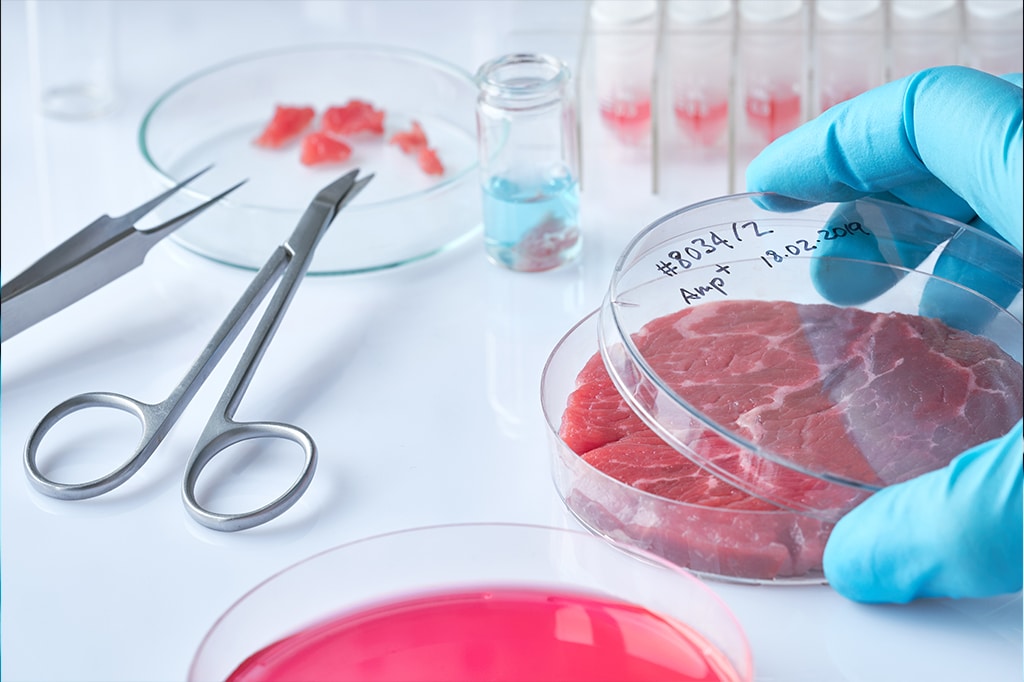World Animal Protection commissioned research on the issue of pig consumption.
Researchers have found an antibiotic-resistant superbug in some of the pork sold in supermarkets in the United Kingdom. This superbug could prove to be fatal.
A variation of the enterococci bacterium strain was discovered in more than ten percent of the pork that was tested for it. It can cause infections in the urinary tract as well as wounds. In extreme circumstances, it is capable of infecting the brain as well as the heart and bloodstream of persons.
Chops, roasting joints, and mince made from pig have all been identified as having the pathogen. Additional testing revealed that the pathogen is immune to antibiotics that are considered to be a “last option.”
Pork products guaranteed by the Red Tractor, the RSPCA, and the USDA’s Organic Program were all subjected to the testing procedures.
Getting a sense of the scope of the problem with pork superbugs
The scope of the pork problem was investigated by Fera Science on behalf of World Animal Protection, which commissioned the study.
The researchers bought 103 pork products, all of which came from anonymous shops and internet sellers located in Yorkshire. There were 27 that did not have any special markings, 22 that held the Red Tractor label, 27 that were organic or RSPCA-assured, and 22 that did not have either. The latter did not originate from farms in the United Kingdom.
The investigation indicated that 25 of the goods were contaminated with the bacteria. 23 of these were resistant to the antibiotic therapy that was administered.
According to the statements made by Lindsay Duncan, farming campaigns manager at World Animal Protection, to The Guardian, “The United Kingdom government has to end the routine use of antibiotics on farm animals just as the European Union has recently done.” “And to recognize that a reduction in the consumption of animal products is necessary to address the myriad challenges generated by industrial farming.”
What factors contribute to the development of drug-resistant superbugs?
The ongoing use of antibiotics in industrialized, intense factory farming is a major cause of worry. Diseases thrive in environments that are conducive to the breeding of animals. Infectious diseases that can be passed from animals to people can swiftly spread in confined spaces when animals are kept together. Antibiotics are routinely administered by farmers to keep animals alive and in good health until they can be transported to slaughterhouses.
The behavior is widespread, yet it is not universally sanctioned. As the United Kingdom government looked to form new economic relationships in the year 2020, concerned groups requested the government prohibit the use of antibiotics in beef. During the same year, allegations of inappropriate usage of antibiotics upset the cattle sector in the United States.
In January, the European Union put an end to the common practice of administering antibiotics to livestock after years of mounting pressure from around the world. The action triggered closer scrutiny of non-compliant locations as a result of investigations concerning the increased risk of medicine resistance and the ramifications for human health.
How concerning is the problem of antibiotic resistance?
According to findings from an investigation into treatment resistance that was conducted by the United Kingdom government in 2016, superbugs are responsible for the deaths of more than 700,000 people annually. If nothing is done to stop it, this number might reach 10 million by the year 2050.
One trend, in particular, that is cause for concern is the rising incidence of meat contamination. In 2018, one out of every one hundred pig and poultry products tested positive for the presence of enterococci germs. As of right now, the most current tests demonstrate that the infection rate is 13 out of 103 samples. The fact that the superbug was found in organic beef, which has historically been processed with fewer antibiotics, has added to the anxiety of the industry’s leading specialists.
Gareth Morgan, who is the head of farming policy at the Soil Association, provided an explanation for why there are lower levels of antibiotic resistance in organic produce. He stated that “lower levels of antibiotic resistance can be explained by the very strong restrictions on the use of antibiotics in organic farming.”
The government asserts that it is working to lessen the dependency on antibiotics on all farms, not only those that have been given organic certification.
Following this, The Veterinary Medicines Directorate issued the following statement: “We are committed to decreasing the unnecessary use of antibiotics in animals.” Our goal is to make our national law more robust in this area, and that goal has not changed.
How can customers protect themselves from the dangerous superbug that affects pork?
According to the Food Standards Agency (FSA), appropriate cooking of meat will destroy or at the very least significantly reduce the number of bacteria that is present in the meat.
Other preventative actions include maintaining meticulously clean kitchens and storing pork in a separate compartment in the refrigerator.
On the other hand, there is an increasing availability of plant-based alternatives to traditional pig products on the market. For example, several companies now provide vegan versions of sausages, bacon, and mince.








